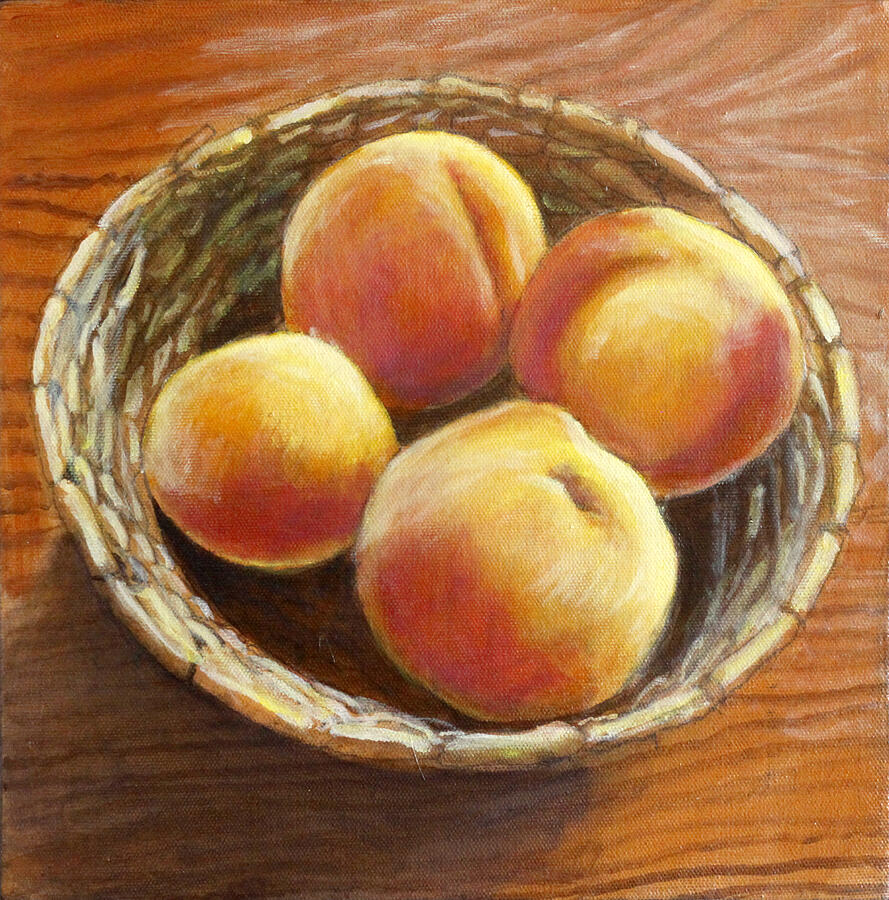



Already, his contradictions and conviction shape this thoughtful and authentic collection into memoir.Ĭhang handles setbacks with grace and humour. He introduces Eat a Peach with a prologue that stakes the claim that he does not believe it is a memoir, but rather thinks the book to be “textbook on what not to do when starting a business.” Despite this, he dives into personal details regarding family history and the key moments that helped shape the mogul he became, while challenging the authenticity and definition of Asian cuisine and the otherness and pressures of fitting in with the industry. The book is split into two parts––“Up the Hill” and “Down and Back Again”––and is comprised of twenty-four chapters/essays. Most importantly, his resistance to consider himself a memoirist is the root of all joy for the reader. His candor and self-deprecating humour offer relief throughout the book. That’s part of the process.”Ĭhang knows that the standard procedures for a book of non-fiction doesn’t fit his experience his life, and certainly his writing, doesn’t adhere to typical formats. In introducing the rules Change says, “…keep in mind that these rules are all highly subjective and that I’ve broken nearly every one of them at some point. Chang has learned that you have to break some rules along the way, which he owns up to every time he pushes the line. At the end of the book (post-epilogue), Chang has comprised a list of “33 rules for becoming a chef,” which, to his earlier point, is closer to entrepreneurial strategy than it is to memoir. In the prologue, he admits that the chronology could be “screwy” and that there is a strong possibility he contradicts himself he throws in footnotes with enthusiastic garnish. He acknowledges his rejection of form and he breaks all conventional rules. Eat a Peach has knife-like precision, cutting to what the memoir genre needs: open criticism for what shaped him into the man he is known as today. The kitchen may be to thank for his keen eye for detail. Now, his memoir, Eat a Peach, adds to his impressive repertoire. He’s got cookbooks and podcasts, Michelin stars and Netflix specials. He is, after all, the founder of the Momofuku Restaurant Group (with a new location to open in Vancouver in the summer of 2021), for which The New York Times credited him with “the rise of contemporary Asian-American cuisine”. David Chang wears a lot of hats, the first of which is a chef’s hat.


 0 kommentar(er)
0 kommentar(er)
